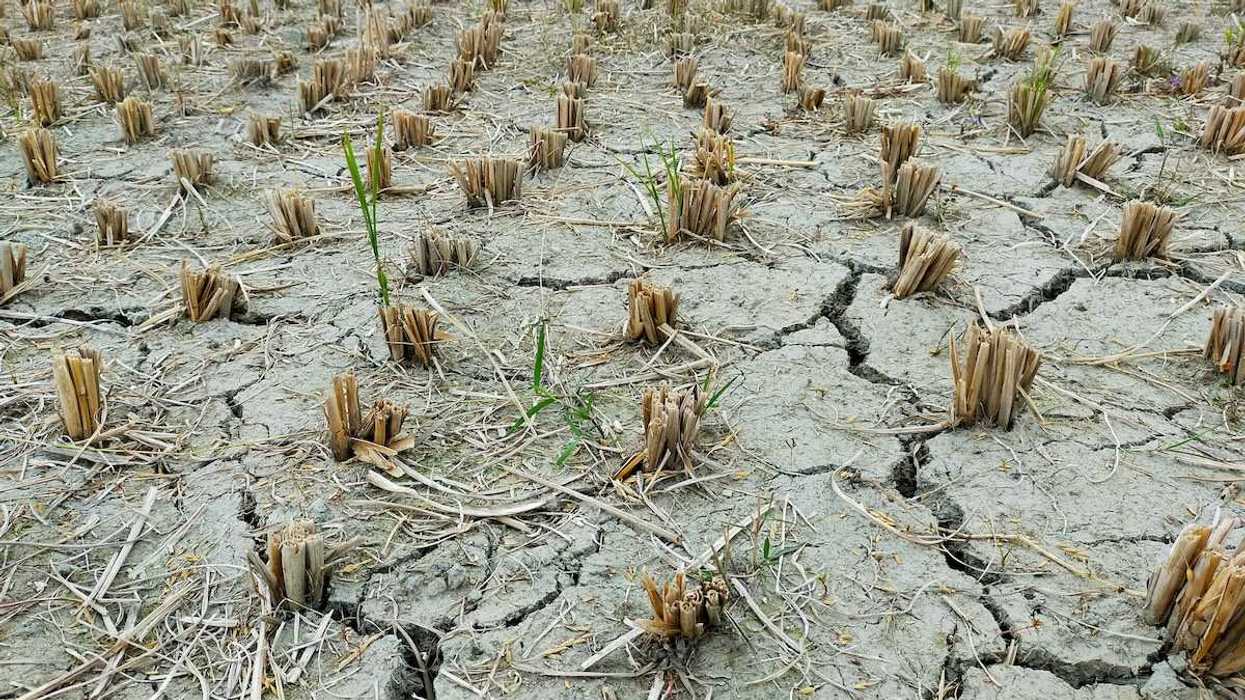California’s Department of Pesticide Regulation detected pesticides in 80% of air samples taken near farms, but officials say the levels are below health risk thresholds, a claim contested by environmental groups concerned about long-term exposure.
Tony Briscoe reports for Los Angeles Times.
In short:
- Pesticides were detected in air samples collected near farms in Oxnard, Santa Maria, Shafter and Watsonville, with chemicals present in 163 out of 207 samples.
- The state insists detected pesticide levels are safe, but environmental advocates warn that exposure, even at low levels, is hazardous over time.
- The findings spotlight pesticide drift and its potential health impact on farm communities, which include many predominantly Latino populations.
Key quote:
“Pesticides, broadly, are linked to such an incredible range of health problems, from cancer to hormone disruption to impact on the immune system. California is a major producer of food crops, and there are significant concerns about the racial and social disparities in exposure to pesticides.”
— David Andrews, senior scientist, Environmental Working Group
Why this matters:
The presence of pesticides in air samples highlights ongoing concerns about chemical drift from farms and the potential health risks to nearby communities, especially marginalized ones. The debate reflects wider calls for stricter pesticide regulation and a reevaluation of agricultural practices in California.
Related EHN coverage: California’s new pesticide notification system aims to protect public health. Will it work?














